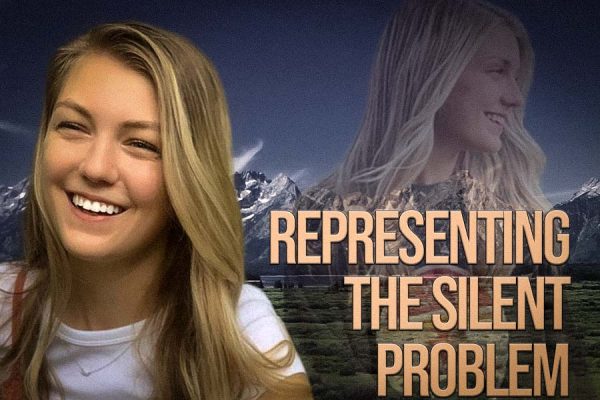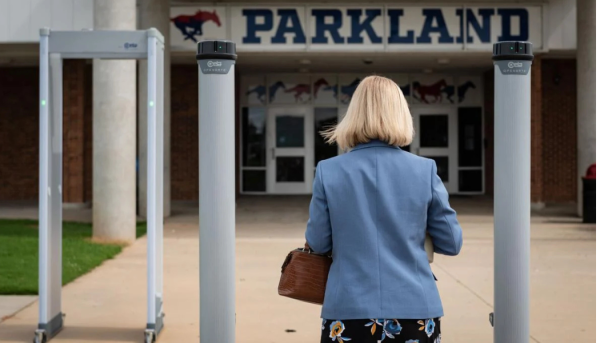Legalize Or Bust: United States should capitalize on cannabis
Marijuana: one of the most contentious and hotly debated drugs. Referred to under a series of aliases – weed, pot, mary jane, the devil’s lettuce, herb – marijuana usage has spiked over the last decade. This trend is likely a result of progressive legislation, which has allowed medical marijuana use in 33 states and recreational use in 10 states, along with Washington D.C. At the federal level, marijuana remains entirely criminal; however, as Canada shocked the globe just one month ago by legalizing cannabis for all uses, many have begun to wonder if the United States is next. The benefits the United States could reap from marijuana legalization are numerous, and in doing so, the government could not only monetize one of the biggest cash crops in the nation, but ensure the safety and regulation of its users as well.
No matter how much they may want to, the government will never be able to make cannabis go away. The criminalization of its use and cultivation merely acts as a deterrent that grows less effective with each election. As more states move toward legalization, the drug’s usage and availability grows intensely, and the federal government bypasses the opportunity to open up a prosperous new corner of the market. By incorporating marijuana into the formal economy, the government would be able to tax and regulate its production as well as create jobs for the unemployed.
Moreover, legalizing marijuana would lift an economic burden off of the justice system, as many users are arrested and jailed for minor offenses. The government spends approximately $3.6 billion each year on marijuana law enforcement, according to the American Civil Liberties Union (ACLU). If legalized this money could be redirected toward more productive uses, such as funding rehabilitation programs for other drug-related issues.
The composition of marijuana law enforcement can also be called into question. A disproportionate amount of people arrested for cannabis use are African American. A black person is 3.73 times more likely to be arrested for a marijuana-related offense than a white person, according to the ACLU. This disparity only reinforces the unfair and racist treatment of minorities which lingers in the United States, and through legalization, the disadvantages minorities face in the U.S. could be lessened.
As with every radical decision, there is some concern about the social effects legalizing marijuana would have on society. Many fear that marijuana is a gateway drug and leads to further usage of harder drugs such as heroin, cocaine and prescription pain medications. With today’s opioid epidemic reaching crisis levels, the hesitation to legalize is understandable; however, research stands to refute these claims. A study conducted by the National Center on Addiction and Substance Abuse at Columbia University found that the true gateway drug in America is nicotine, and that people who began smoking between the ages of 12 and 17 were seven times more likely to use drugs like heroin and cocaine. Additionally, research shows that in order to combat these unhealthy addictions, decriminalization is one of the best methods. In 2001 Portugal had one of the worst drug epidemics in the globe, so they decriminalized the use and possession of all illegal substances and implemented rehabilitation policies, treating addiction as a disease instead of a crime. The results were astounding. The percentage of people regularly abusing drugs fell from 44 percent to 28 percent, and the frequency of overdose and HIV infection plummeted. It is important to acknowledge the fact that an addict will always find a way to purchase and abuse drugs, but if cannabis is legalized in the United States, the government could use the money garnered from its sales to aid citizens struggling with addiction instead of relegating them to overcrowded jail cells.
Another argument against the legalization of cannabis is that it is a powerful drug with the potential to induce psychosis. Research shows that the levels of THC, the chemical responsible for marijuana’s psychoactive effects, have increased from 4 percent in 1995 to 12 percent in 2014, while the levels of CBD, a calming chemical found in marijuana that counteracts THC, have decreased. This increase in potency, however, is not irreversible. During prohibition, the strength of available alcohol rose astronomically, so much so that black market drinks were equivalent to today’s hard liquor. This, essentially, is what has happened with marijuana. If the government were to legalize it, standards could be imposed upon production to regulate THC and CBD levels within each strain. Some of the potential for marijuana-induced psychosis also stems from the uncertainty surrounding its composition. Due to its black market nature, there are multiple accounts of marijuana being laced with harmful substances such as heroin, cocaine, methamphetamine, LSD, PCP and ketamine. Usage of laced marijuana can have severe, adverse effects on a person’s health. By shutting down the black market and monitoring marijuana production, the potential for personal harm would decrease.
The United States has long been known as a center of advancement. With talk of the “American Dream” surrounding its shining seas, the world often looks to the U.S. as a source of guidance and wisdom. In recent years, however, that progression and equality the country was so well-known for has stagnated. Same-sex marriage was not legalized nationwide until 2015, and discrimination persists throughout the nation. Legalizing marijuana is inevitable. It is unavoidable. It is not preventable. So, to restore some of our credibility as a progressive, forward-thinking country, we should be among the first to fully legalize marijuana, sit back and watch as the rest of the world follows.

Sarah Lindsay began writing for the Zephyr as an opinion writer during her sophomore year of high school. In 2017, her junior year, Lindsay was given the...







